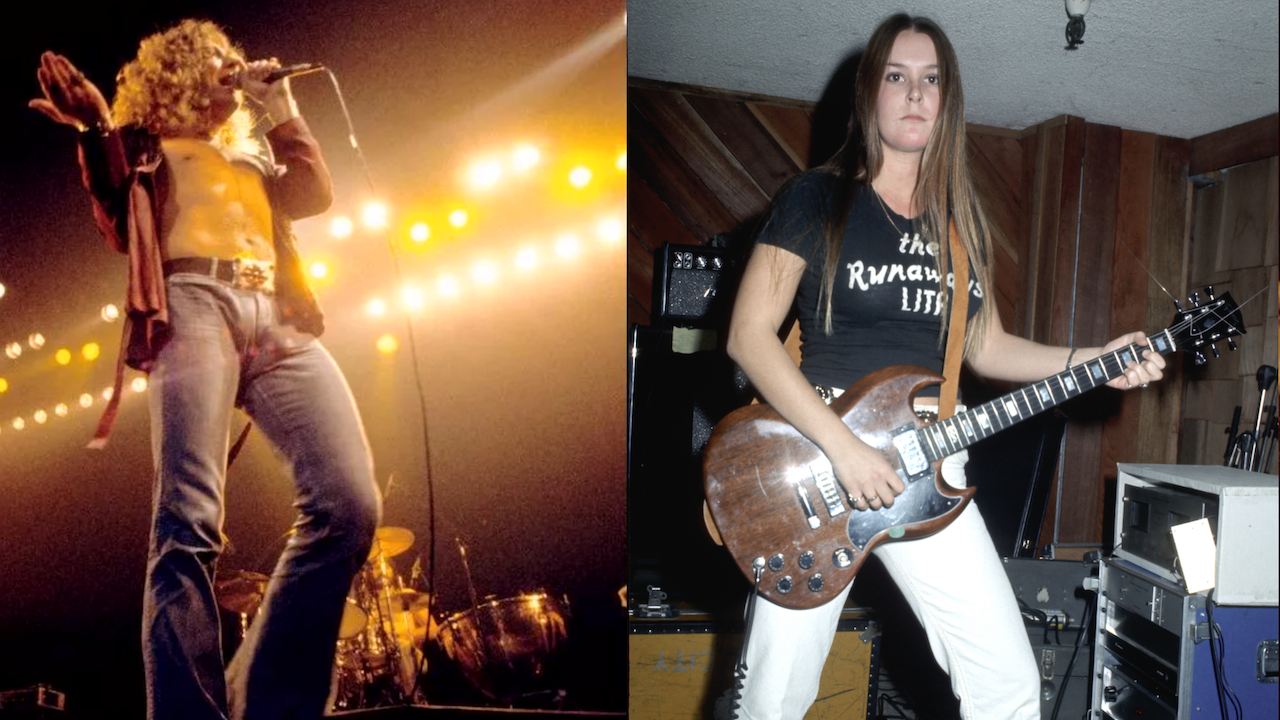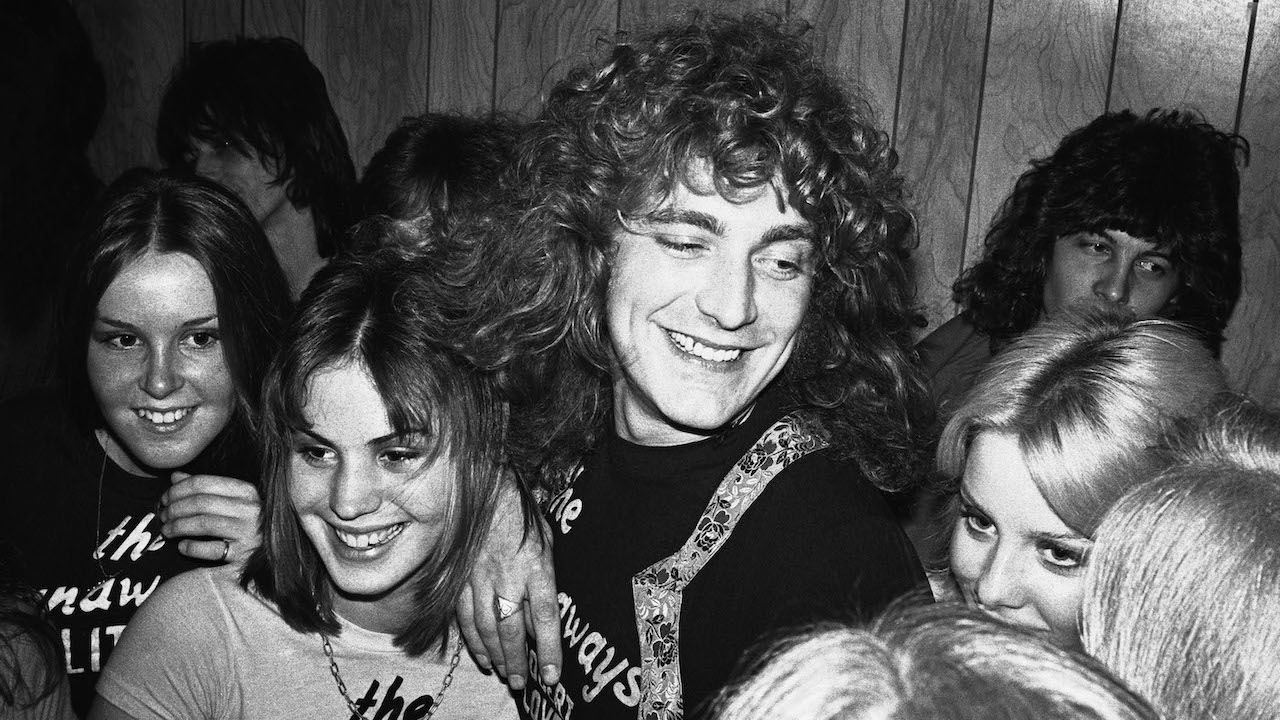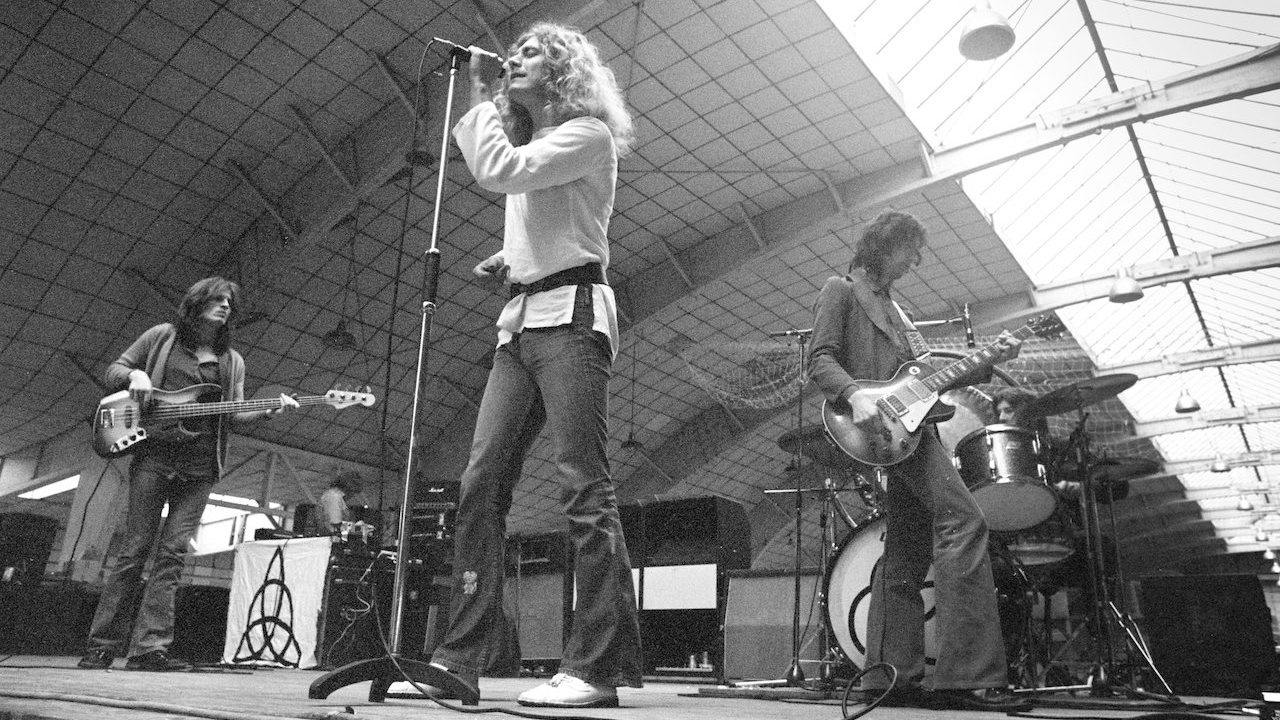50 years ago: The Runaways’ guitarist Lita Ford was invited to replace John Paul Jones in Led Zeppelin
Lita Ford: "Robert Plant says to me, ‘You’re really good on guitar. Would you like to play bass for Led Zeppelin?’”

Led Zeppelin without John Paul Jones might sound unthinkable, but by 1973, after five albums and constant touring, Jones wanted a break to spend more time with his family. “We were all very tired and under pressure and it just came to a head,” he told Mojo back in 2007. “I didn’t want to harm the group, but I didn’t want my family to fall apart, either.”
It was around this time that Robert Plant considered replacing Jones with The Runaways’ lead guitarist Lita Ford. In a 2013 interview with BraveWords, Ford said: “They came to the Starwood Nightclub. They shook everyone’s hands, and a huge crowd gathered around us, and we took photographs. We gave them a Runaways t-shirt, and they put it on. And Robert Plant says to me, ‘You’re really good on guitar. Would you like to play bass for Led Zeppelin?’

Ford also revealed Robert Plant’s offer in her 2016 memoir, Living Like a Runaway. “He asked me if I could play bass guitar. ’For who?’ I asked. ‘Led Zep.’ He might have been drinking or pulling my leg, but he seemed to be dead serious in the moment.”
Despite accepting Plant’s offer, Ford was reluctant to pursue the invitation. “I didn’t even try,” she said. “I love John Paul Jones. He’s one of my favorite bass players. I couldn’t imagine myself replacing him, but the fact that they thought about a female in their band, I thought was pretty cool.”
Ultimately, Jones opted to stay with Led Zeppelin, despite rumours he had taken up a new position as the choirmaster of Winchester Cathedral. “It was a joke,” he later explained. “Somebody said, ‘Do you like being on the road?’ I said, ‘No … I saw this advert for a job for the organist out by the cathedral, I’m gonna apply for that.’ It was one of those things.”
At the time, Jones also spoke to Zeppelin manager Peter Grant. “It was the pressure,” Grant told author Dave Lewis in his book From A Whisper to a Scream. “He was a family man, was Jonesy. By that time, the security thing in the U.S. was getting ridiculous. We started getting death threats.”

Jones was told to take a few weeks off while Grant pushed out a story about him being ill. That seemed to work, and Jones eventually returned when work commenced on Physical Graffiti.
The band’s 1973 tour had ended with the filming of three sold-out shows at Madison Square Garden, which later became the Song Remains the Same film. Looking back, guitarist Jimmy Page said he didn’t sleep at all for most of that week in New York.
Lita Ford’s 2016 memoir, Living Like a Runaway, Led Zeppelin’s 1973 album Physical Graffiti, and From A Whisper to a Scream by Dave Lewis, are all available to download from Amazon.
Get The Pick Newsletter
All the latest guitar news, interviews, lessons, reviews, deals and more, direct to your inbox!

Nick Wells was the Editor of Bass Guitar magazine from 2009 to 2011, before making strides into the world of Artist Relations with Sheldon Dingwall and Dingwall Guitars. He's also the producer of bass-centric documentaries, Walking the Changes and Beneath the Bassline, as well as Production Manager and Artist Liaison for ScottsBassLessons. In his free time, you'll find him jumping around his bedroom to Kool & The Gang while hammering the life out of his P-Bass.
“His songs are timeless, you can’t tell if they were written in the 1400s or now”: Michael Hurley, guitarist and singer/songwriter known as the ‘Godfather of freak folk,’ dies at 83
“The future is pretty bright”: Norman's Rare Guitars has unearthed another future blues great – and the 15-year-old guitar star has already jammed with Michael Lemmo










